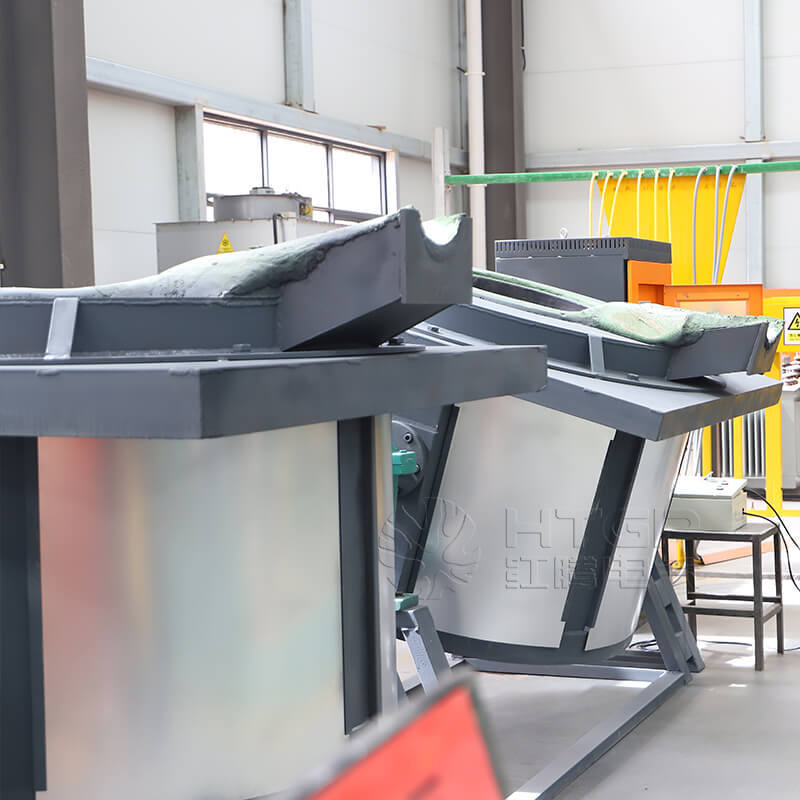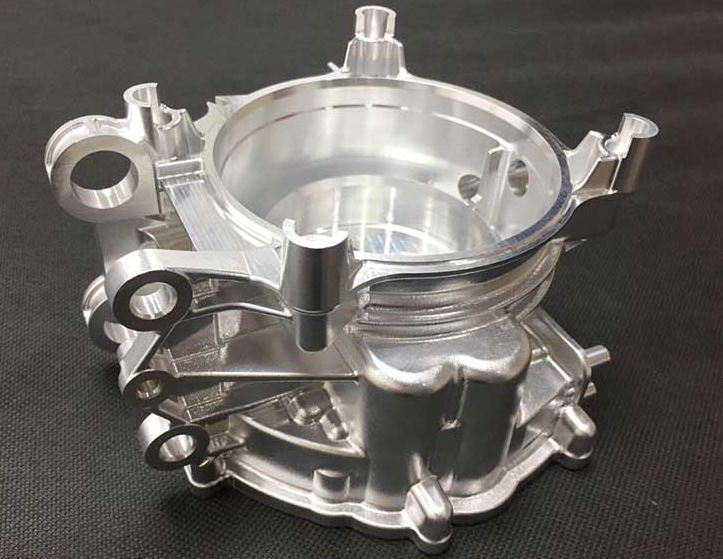The smart Trick of Alcast Company That Nobody is Talking About
The smart Trick of Alcast Company That Nobody is Talking About
Blog Article
The 3-Minute Rule for Alcast Company
Table of ContentsAbout Alcast CompanyExcitement About Alcast CompanyUnknown Facts About Alcast CompanyThe Single Strategy To Use For Alcast Company6 Easy Facts About Alcast Company DescribedThe Buzz on Alcast Company
Chemical Contrast of Cast Light weight aluminum Alloys Silicon advertises castability by decreasing the alloy's melting temperature level and enhancing fluidity throughout spreading. Furthermore, silicon contributes to the alloy's strength and wear resistance, making it useful in applications where longevity is essential, such as vehicle parts and engine elements.It likewise boosts the machinability of the alloy, making it less complicated to refine into completed products. In this means, iron contributes to the general workability of light weight aluminum alloys.
Manganese adds to the stamina of light weight aluminum alloys and improves workability (aluminum casting company). It is typically utilized in functioned aluminum products like sheets, extrusions, and profiles. The visibility of manganese aids in the alloy's formability and resistance to breaking throughout construction processes. Magnesium is a light-weight element that provides stamina and impact resistance to light weight aluminum alloys.
The 4-Minute Rule for Alcast Company
It enables the manufacturing of light-weight elements with outstanding mechanical properties. Zinc improves the castability of light weight aluminum alloys and aids control the solidification procedure throughout spreading. It improves the alloy's stamina and firmness. It is often discovered in applications where complex forms and great information are essential, such as decorative castings and specific vehicle components.

The primary thermal conductivity, tensile stamina, return toughness, and elongation differ. Select appropriate basic materials according to the performance of the target product created. Amongst the above alloys, A356 has the highest possible thermal conductivity, and A380 and ADC12 have the least expensive. The tensile limitation is the contrary. A360 has the ideal yield strength and the greatest elongation rate.
How Alcast Company can Save You Time, Stress, and Money.

In accuracy casting, 6063 is fit for applications where elaborate geometries and premium surface area coatings are critical. Instances include telecommunication rooms, where the alloy's premium formability enables streamlined and aesthetically pleasing styles while keeping structural stability. Similarly, in the Illumination Solutions sector, precision-cast 6063 components produce sophisticated and efficient illumination components that call for intricate shapes and excellent thermal efficiency.
It causes a better surface area finish and much better rust resistance in A360. In addition, the A360 shows superior elongation, making it ideal for complicated and thin-walled elements. In precision casting applications, A360 is well-suited for industries such as Consumer Electronics, Telecommunication, and Power Devices. Its boosted fluidness enables elaborate, high-precision components like smartphone casings and communication device housings.
What Does Alcast Company Do?
Its one-of-a-kind residential or commercial properties make A360 a useful selection for accuracy casting in these industries, improving product longevity and quality. Foundry. Aluminum alloy 380, or A380, is a commonly utilized spreading alloy with numerous distinct features.
In precision casting, light weight aluminum 413 radiates in the Consumer Electronic Devices and Power Equipment industries. This alloy's superior deterioration resistance makes it an exceptional option for outdoor applications, making certain durable, long lasting products in the stated markets.
The Main Principles Of Alcast Company
As soon as you have decided that the aluminum die casting procedure is appropriate for your task, a vital next step is choosing the most ideal alloy. The aluminum alloy you select will considerably impact both the spreading procedure and the residential properties of the final product. Due to this, you must make your decision very carefully and take an enlightened approach.
Establishing the most ideal light weight aluminum alloy for your application will imply evaluating a broad range of characteristics. The first group addresses alloy features that impact the manufacturing process.
Our Alcast Company Ideas
The alloy you select for die spreading straight affects numerous elements of the spreading process, like just how simple the alloy is to collaborate with and if it is vulnerable to casting problems. Warm fracturing, likewise referred to as solidification breaking, is a typical die spreading problem for light weight aluminum alloys that can result in inner or surface-level tears or splits.
Specific light weight aluminum alloys are much more at risk to hot splitting than others, and your selection must consider this. Another typical issue found in the die spreading of aluminum is die soldering, which is when the actors sticks to the die walls and makes ejection hard. It can damage both the actors and the die, so you ought to try to find alloys with high anti-soldering residential or commercial properties.
Rust resistance, which is currently a notable characteristic of light weight aluminum, can differ substantially from alloy to alloy and is a vital characteristic to take into consideration depending upon the ecological problems your item will certainly be exposed to (Aluminum Casting). click this Wear resistance is one more building commonly sought in light weight aluminum items and can set apart some alloys
Report this page